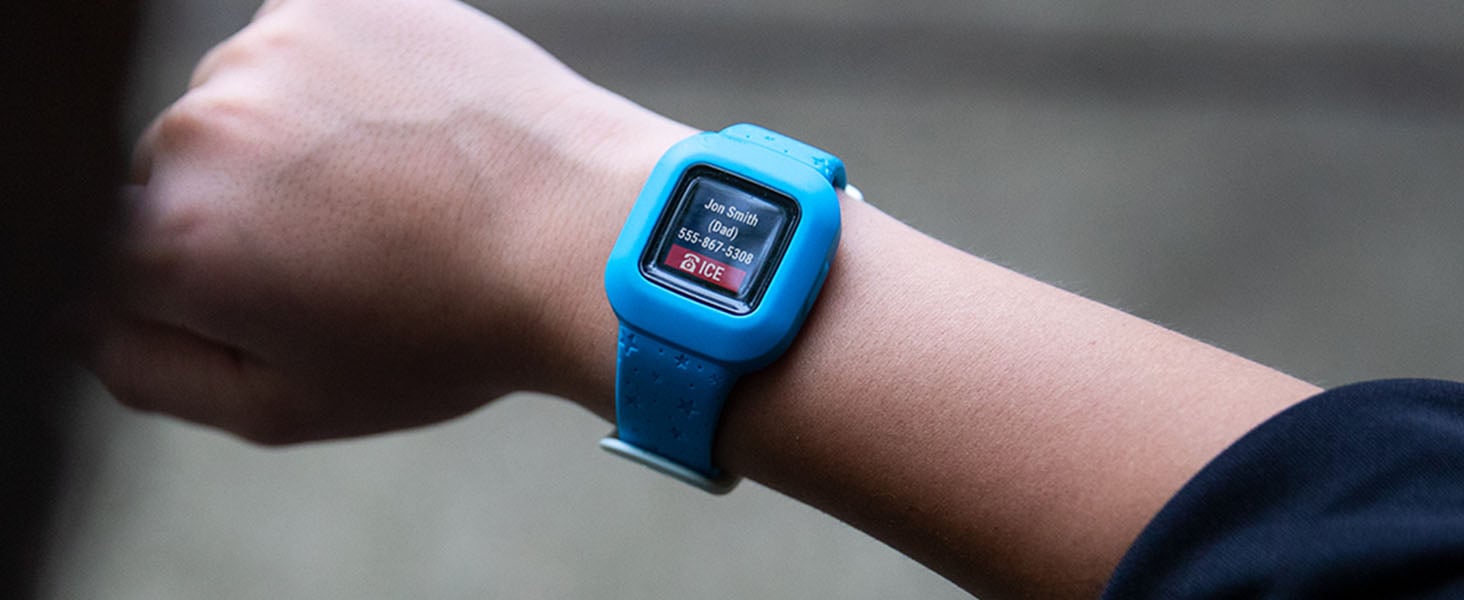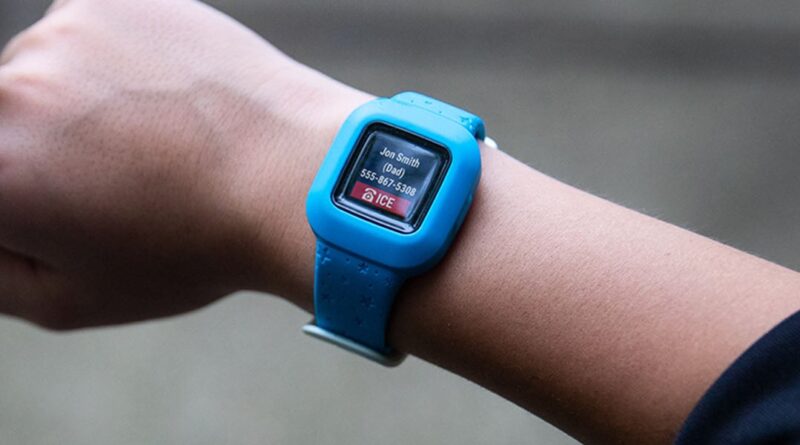The best fitness trackers for your kids

This content originally appeared on Mashable for a US audience and has been adapted for the UK audience.
Kids have the kind of energy that adults could only dream of having. Most of the time they spend all day running around just because. It’s exhausting just thinking about it, never mind watching them charge around the place with boundless energy.
You might not think that kids need to track activities, but in this increasingly sedentary society, it’s important to make physical movement a priority from a young age.
Fortunately, there are several fitness trackers made specifically for children. They’re focused on encouraging an active lifestyle — rather than weight loss — as well as building good habits, like keeping up with homework and chores.
What is a kids’ fitness tracker?
Fitness trackers for kids are simplified versions of adult models. They typically trade out advanced metrics like an ECG app for motivational games and rewards. They’re a cheaper, simpler, more durable option. The band size is also tailored to little wrists, of course, with kid-friendly designs and fun colours.
Kids’ fitness trackers are all about setting goals — fitness or otherwise. Many offer parents the opportunity to set daily reminders for their kids to do things like brushing their teeth, completing their homework, or cleaning their room. Mundane tasks are more fun when they’re integrated into a model of games, tiered rewards, and maybe even a little friendly leaderboard competition among siblings.
Can kids use an adult fitness tracker?
Older kids are fine to graduate to a fitness tracker for adults — it’s likely that they’ll already have a phone at that point, anyway — but the functionality of a full-fledged smartwatch probably isn’t ideal for kids. Adult fitness trackers that graze smartwatch status, like the Fitbit Sense, can access payment apps or social media apps. Some parents may prefer that those not be an option at all.
Do kids fitness trackers have GPS?
We’d be remiss not to mention the fact that most kid-specific fitness trackers (even the leaders from Fitbit and Garmin) can’t be used as a standalone device to track a child’s location. If the peace of mind that comes with onboard GPS is important to you, opt for a kid-friendly smartwatch with GPS (included below) or a relatively-affordable Fitbit.
Are fitness trackers safe for kids?
The companies behind the leading kids’ fitness trackers — Garmin and Fitbit — have both stated that their activity trackers put parents in control of approving any friend requests for fitness-based challenges. Parents can access these things via the corresponding app. The location of the wearer is also never shared.
What are the most important features for a kids’ fitness tracker?
The basic functions of a fitness tracker are pretty standard across the board: step counting, active minute tracking, and distance traveled are big ones, and heart rate monitoring is becoming more common. With those solidified, there are a few other features to compare on your must-have list. Consider how long the battery life lasts. Will your kid remember to charge the tracker regularly?
Sleep tracking is another metric that could be important. Quality shut-eye is important for physical energy as well as their attention, behaviour, memory, and learning skills. Water resistance is also crucial between spills, splashes, rain, and sweat.
What is the best fitness tracker for kids?
We’ve checked out everything on offer from the biggest brands in the fitness tracker game, and lined up a selection of standout devices.
These are the best fitness trackers for kids in 2024.
